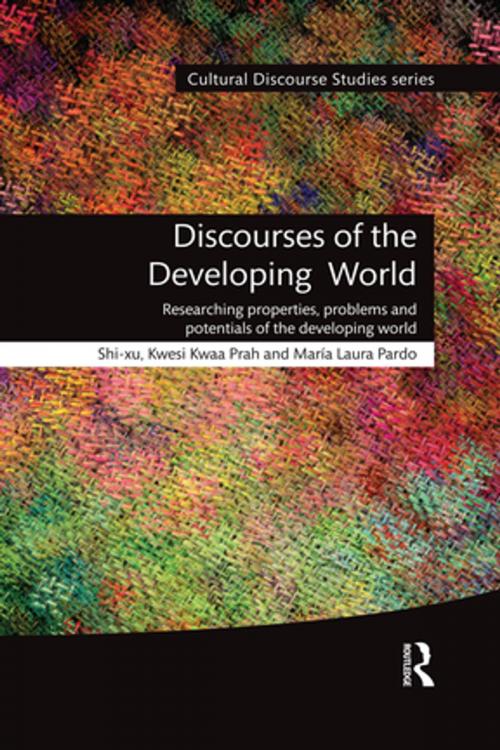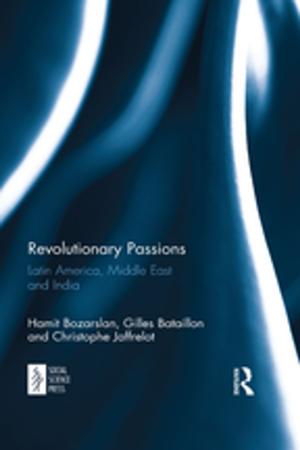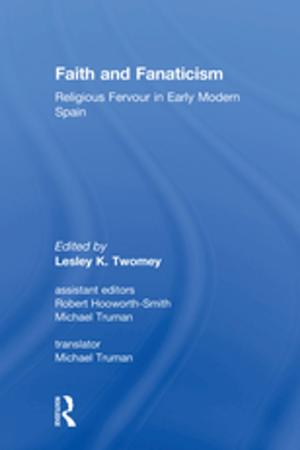Discourses of the Developing World
Researching properties, problems and potentials
Nonfiction, Reference & Language, Language Arts, Communication, Linguistics, Social & Cultural Studies, Social Science| Author: | Shi-xu, Kwesi Kwaa Prah, María Laura Pardo | ISBN: | 9781317702542 |
| Publisher: | Taylor and Francis | Publication: | April 28, 2016 |
| Imprint: | Routledge | Language: | English |
| Author: | Shi-xu, Kwesi Kwaa Prah, María Laura Pardo |
| ISBN: | 9781317702542 |
| Publisher: | Taylor and Francis |
| Publication: | April 28, 2016 |
| Imprint: | Routledge |
| Language: | English |
Against the backdrop of overwhelming discourse scholarship emanating from the Western cosmopolitan centres, this volume offers a development-centred approach to unfamiliar, marginalized or otherwise disadvantaged discourses of the Third World or the Global South. Written by leading researchers based in Asia, Africa and Latin America, respectively, this book reconstructs Eastern paradigms of communication studies on the one hand and explores the discursive problems, complexities, aspirations, and dynamics of the non-Western, subaltern, and developing societies on the other. As methodological principles, the authors i) adopt the cultural-political stance of supporting cultural diversity and harmony at both academic and everyday levels, ii) draw upon Asian, African and Latino scholarship in critical dialogue with the existing mainstream traditions, and iii) make sense of the discourses of Asia, Africa and Latin America from their own local as well as global, historical and intercultural, perspectives. This book will particularly appeal to scholars and students in the fields of discourse studies, communication and cultural studies, and development studies.
Against the backdrop of overwhelming discourse scholarship emanating from the Western cosmopolitan centres, this volume offers a development-centred approach to unfamiliar, marginalized or otherwise disadvantaged discourses of the Third World or the Global South. Written by leading researchers based in Asia, Africa and Latin America, respectively, this book reconstructs Eastern paradigms of communication studies on the one hand and explores the discursive problems, complexities, aspirations, and dynamics of the non-Western, subaltern, and developing societies on the other. As methodological principles, the authors i) adopt the cultural-political stance of supporting cultural diversity and harmony at both academic and everyday levels, ii) draw upon Asian, African and Latino scholarship in critical dialogue with the existing mainstream traditions, and iii) make sense of the discourses of Asia, Africa and Latin America from their own local as well as global, historical and intercultural, perspectives. This book will particularly appeal to scholars and students in the fields of discourse studies, communication and cultural studies, and development studies.















